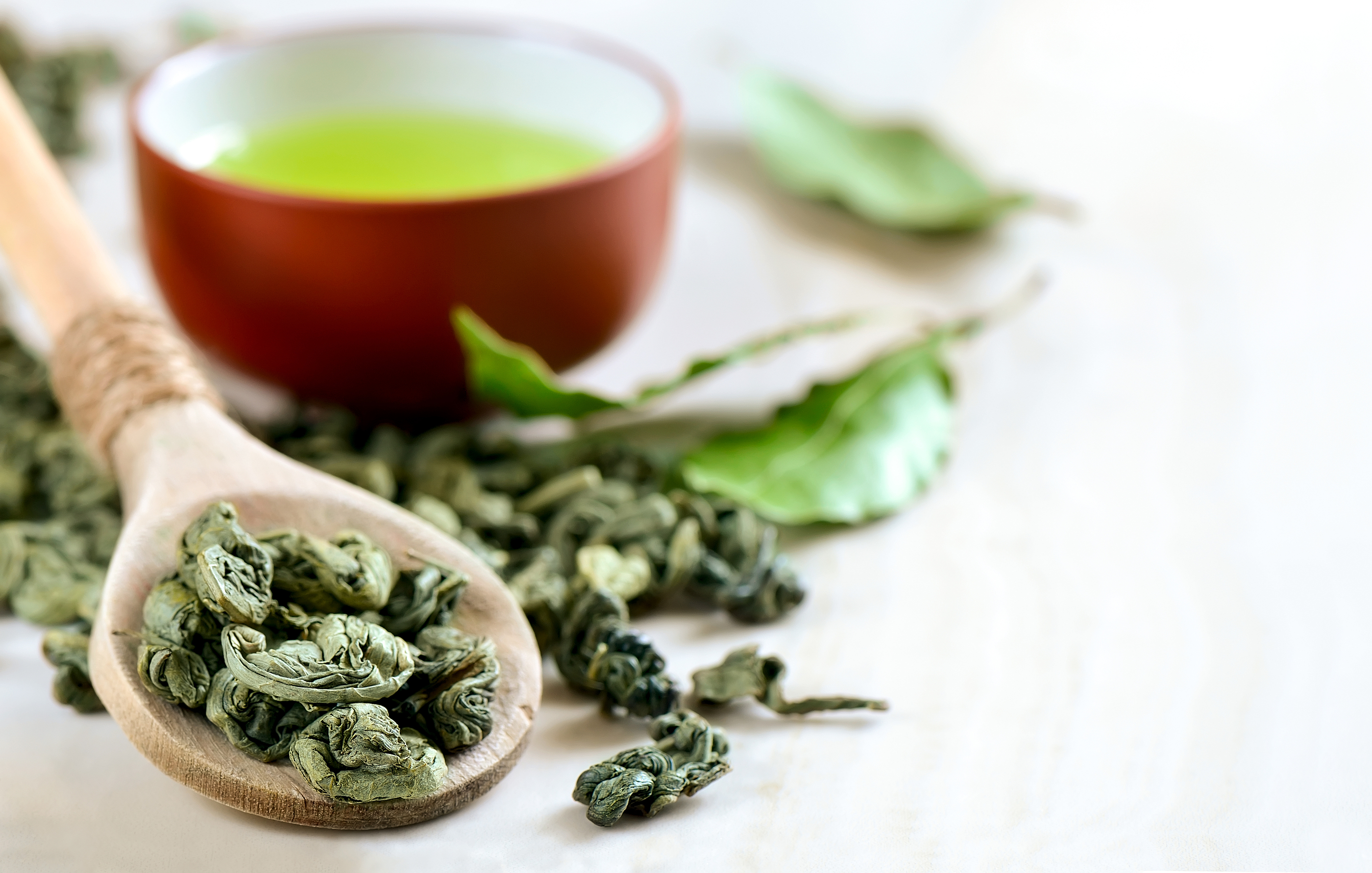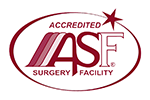Supportive Herbal Usage After Surgery

The adrenal glands sit above our kidneys and are regulated by our endocrine system. Their proper functioning is vital for a lot of what we do on a daily basis. One role of the adrenal glands is to produce hormones such as cortisol, which helps our bodies adapt to stress. The regulation of this hormone is also essential in the body’s sleep-wake cycle, metabolism of fat, immune system and inflammatory response.
During and after surgery, the human body goes through a stress response that affects the endocrine, cardiovascular, and immune system, to name a few. While this stress response is natural and helps with the body’s healing process, too much stress can be straining to our physiology.
Therefore, in order to provide optimum support after surgery, many patients prefer to consume herbs that support their adrenals, known as adaptogens. When stressed, our bodies don’t absorb nutrients as well as they normally do. Hence, using herbs that are nutritive will also help speed up the healing process. These herbs provide the body with natural tools that promote a healthier and effective recovery process.
Below, we will discuss some common herbs that are used to support the body’s adaptation to stress, while providing other benefits as well.
- Schisandra chinesis (Schisandra): known for its anti-inflammatory, antioxidant and adaptogenic actions. The fruit/berries of this plant are nutrient dense, consisting of vitamin C and vitamin E. The lignans of this plant have been studied to reduce the corticosterone that is secreted by mice undergoing a stressor.
- Astragalus membranaceus (Milk Vetch): known for its antioxidant, hepatoprotective and adaptogenic actions. The root of this plant is used to modulate the immune system, supporting our bodies against infections. This plant is wonderful at allowing our bodies to adapt to life’s stressors by boosting energy.
- Withania somnifera (Ashwagandha): known for its anti-inflammatory, nervine and adaptogenic actions. The root of this plant consists of nutrients and minerals such as iron. This plant has calming effects and aids with enhancing memory.
- Rhodiola rosea (Arctic Rose): known for its antioxidant, nervine and adaptogenic actions. This plant builds up the adrenals and thyroid. It also supports neurotransmitters such as dopamine and serotonin.
- Avena sativa (Oats): known for its nutritional and nervine actions. The straw of this plant is high in mineral content, such as silica. It is used to heal connective tissue and provides nutrients for the nervous system.
- Medicago sativa (Alfalfa): known for its nutritive and alterative actions. This plant is a good source of vitamins and minerals. This herb consists of vitamins K, A, and C, as well as calcium, potassium, iron and magnesium.
While these herbs tend to be safe for most people post-surgery, it is important to remember that herbs are powerful and can be contraindicated in some cases. Please be sure to contact your doctor to determine if these herbs are right for you.
References:
Marciano, M., & Vizniak, N. A. (2018). Quick reference evidence informed botanical medicine: Herbs, nutrition, hormones and medications. Canada: Professional Health Systems.
Systemic response to surgery. Moor, Dominic et al. Surgery – Oxford International Edition , Volume 35 , Issue 4 , 220 – 223

 Whether it’s battling a chronic illness or seeking increased vitality, Jasmine loves helping others reach their optimal health. Jasmine has a variety of tools at her disposal to achieve wellness by addressing the root cause of symptoms, in the least-invasive way. By providing individuals with the proper support, Jasmine wishes to empower each person to take charge of and advocate for their own health.
Whether it’s battling a chronic illness or seeking increased vitality, Jasmine loves helping others reach their optimal health. Jasmine has a variety of tools at her disposal to achieve wellness by addressing the root cause of symptoms, in the least-invasive way. By providing individuals with the proper support, Jasmine wishes to empower each person to take charge of and advocate for their own health.















